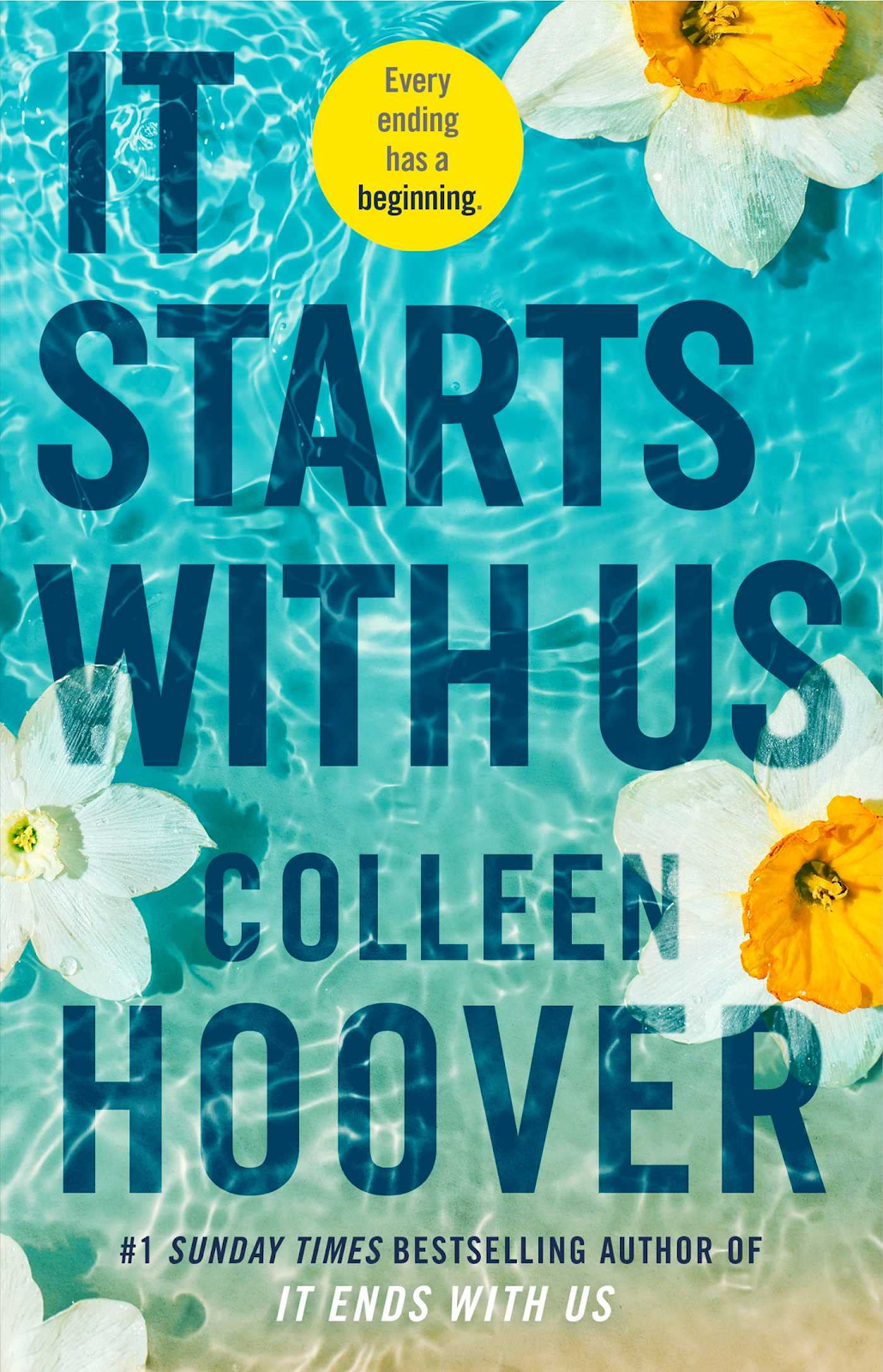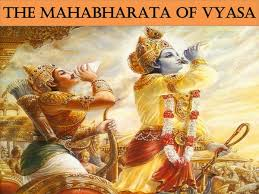Brave New World: The Dangers of Sacrificing Individuality for Societal Control
"Brave New World" is a dystopian novel written by Aldous Huxley, published in 1932. The book is set in a future world where humans are genetically engineered and conditioned to conform to a society that values stability and conformity over individuality and free will.
The story takes place in London in the year A.F. 632 (After Ford), a time when the world has achieved a state of stability and happiness through the use of science and technology. The government, called the World State, has created a society where people are divided into castes based on their genetic makeup and conditioning.
The story follows the lives of two characters, Bernard Marx and Lenina Crowne, who are both part of the World State. Bernard is an Alpha-Plus, the highest caste in society, but he feels like an outsider because he is physically different from his peers. Lenina is a beautiful Beta who works at the Central London Hatchery and Conditioning Centre.
Bernard and Lenina take a vacation to a Savage Reservation in New Mexico, where they meet John, a young man who was born and raised outside of the World State. John is the son of a woman who was left behind by the World State, and he grew up reading Shakespeare and other classic literature.
John becomes fascinated with Lenina and the world she comes from, but he struggles to reconcile his love for her with his disgust for the shallow, pleasure-seeking culture of the World State. As John becomes more disillusioned with the World State, Bernard sees an opportunity to become famous by introducing John to society.
However, the plan backfires, and John becomes a sensation, causing chaos and confusion among the citizens of the World State. Eventually, John's dissatisfaction with the World State leads him to commit suicide, and the novel ends with the government's attempt to contain the situation.
Through its depiction of a world where science and technology have replaced religion and individuality, "Brave New World" raises important questions about the role of government and the ethics of scientific progress. The novel is a cautionary tale about the dangers of sacrificing individuality and free will in the pursuit of stability and happiness.
One of the key themes of "Brave New World" is the conflict between individual freedom and societal control. In the World State, people are programmed to value conformity and stability over personal autonomy and creativity. The government uses genetic engineering and conditioning to produce citizens who are content with their assigned roles and lack the desire for self-expression or rebellion. This leads to a homogenized society where people are satisfied with shallow pleasures and lack meaningful connections.
Another theme in the book is the dehumanizing effect of technology. The World State relies heavily on scientific advancements to maintain social order and manipulate human behavior. The use of technologies like the Feelies (movies that stimulate all the senses) and the Soma (a mood-altering drug) are examples of how the government controls and manipulates the emotions and desires of its citizens.
The novel also explores the role of happiness in society. In the World State, happiness is considered the ultimate goal, and the government uses science to create a world where people are conditioned to be happy and content. However, this pursuit of happiness comes at the expense of individuality, creativity, and emotional depth. The characters in the book are trapped in a shallow world where they cannot experience the full range of human emotions, including sadness, anger, and pain.
Another important theme in "Brave New World" is the power of language and propaganda. The government uses slogans like "Community, Identity, Stability" and "Everybody's happy now" to reinforce the message that conformity and stability are the most important values in society. The use of propaganda and conditioning to control the thoughts and beliefs of citizens is a warning about the dangers of a society where language is used to manipulate people's perceptions of reality.
In conclusion, "Brave New World" is a classic dystopian novel that explores the dangers of a society that values stability and conformity over individuality and free will. The book raises important questions about the role of government, the ethics of scientific progress, and the importance of human connection and emotion. Huxley's warning about the dehumanizing effects of technology and the power of language and propaganda is still relevant today, making "Brave New World" a thought-provoking and insightful read.




Comments
Post a Comment